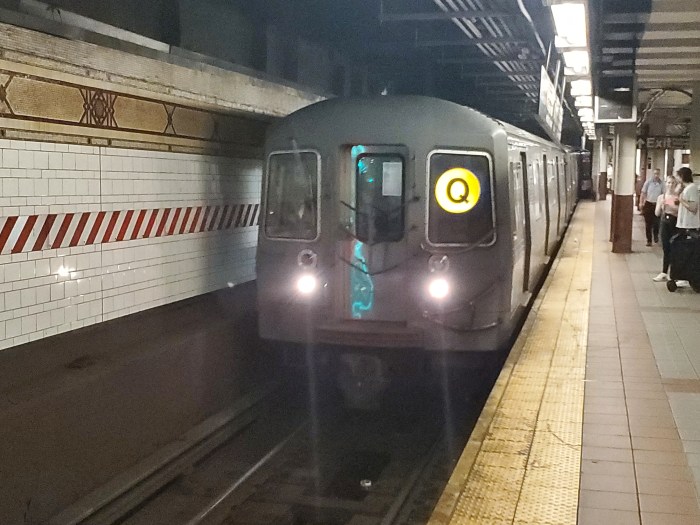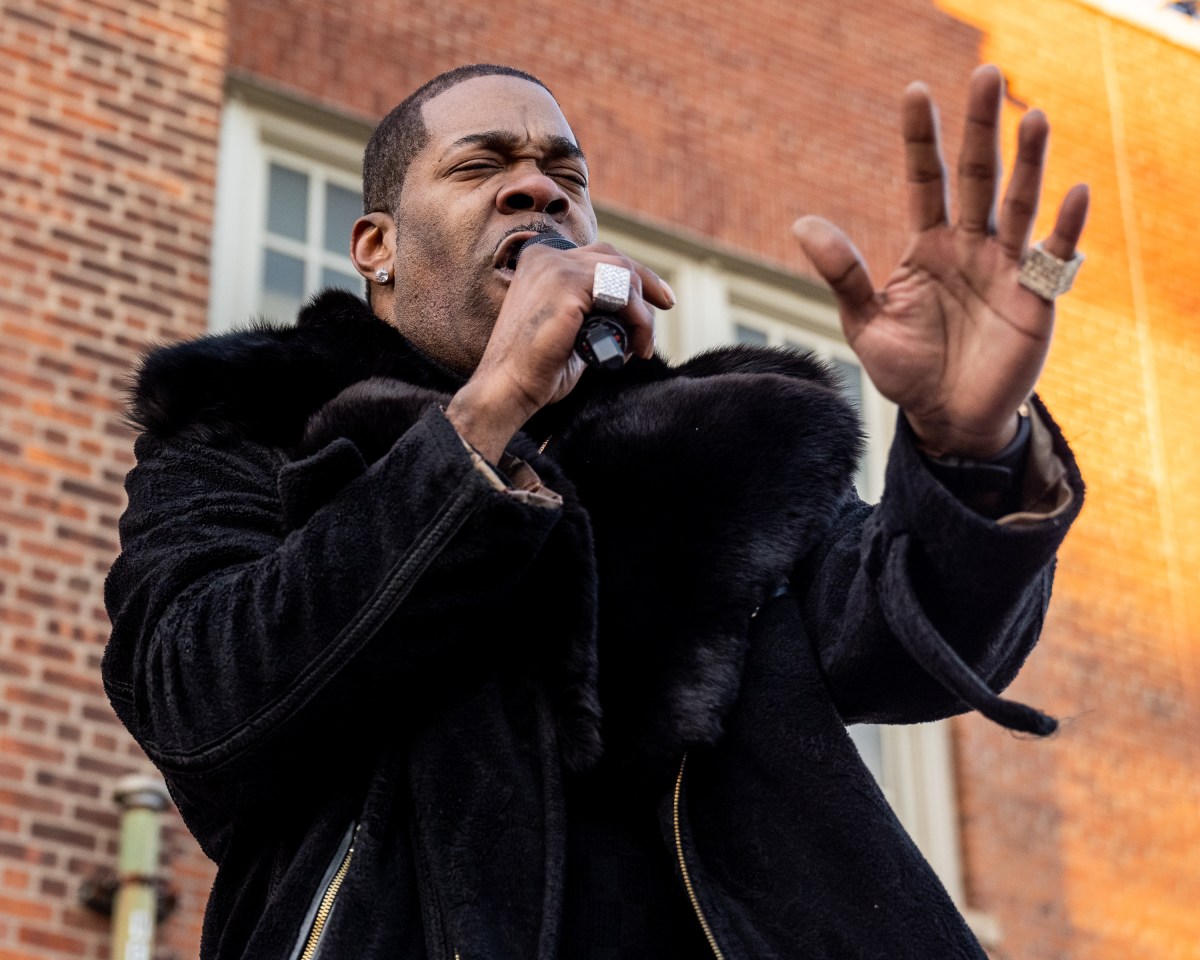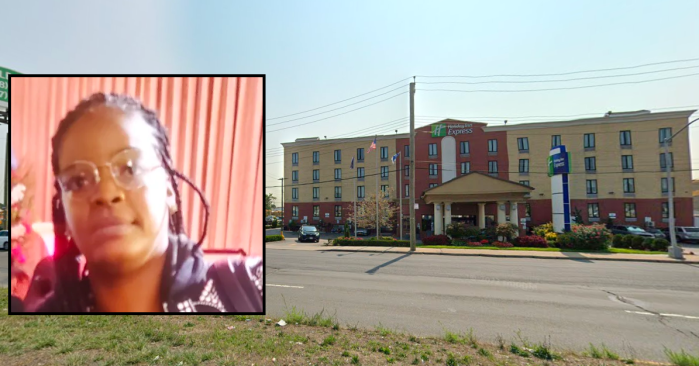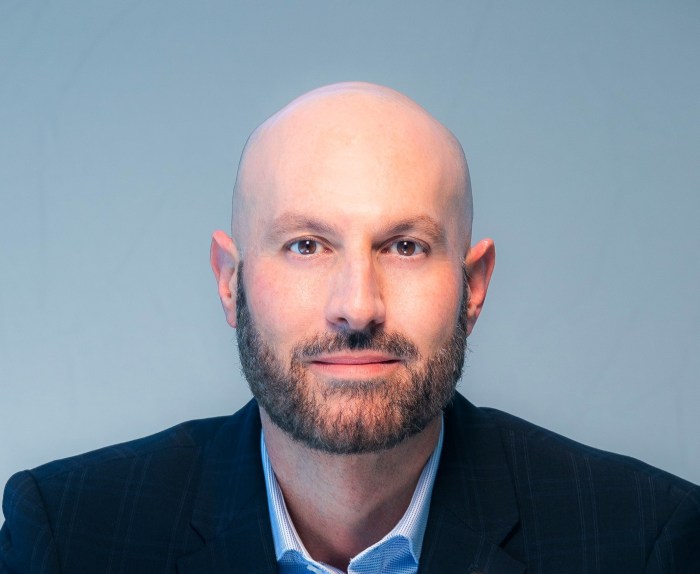As the MTA chief tried to sell a $32 billion proposal to keep the transit system running and growing, Gov. Andrew Cuomo Tuesday suggested the agency’s plan is “bloated.”
Cuomo and MTA CEO and Chair Tom Prendergast offered competing messages as talks on the size of its five-year capital plan and ways to completely fund it get underway.
There’s a $15 billion gap between what the MTA expects to bring to the table and how much its plan costs.
Cuomo said a question for the MTA should be “what here do you really need? Isn’t this just a bloated initial first request that you send to the second floor” in the Capitol where the executive offices are located. He said that agencies often ask for a lot of money in their initial budgets, which is “part of the dance that we go through.”
“We’ll come up with a realistic number,” Cuomo added.
He also said there is no need for new sources of revenue from the transit system, such as new bridge tolls or taxes, because of a $4 billion surplus.
“There’s no need for it. We have a surplus,” Cuomo said. “We had a $10 billion deficit, we didn’t do tolls.”
When asked if any of the surplus would go to the MTA, a spokeswoman for Cuomo said the issue will be dealt with during the budget process. An MTA spokesman declined to comment on the governor’s remarks.
Meanwhile, Prendergast spoke at an Association for a Better New York event to sell to a business crowd how critical maintaining and expanding the transit system is for the regional economy and the city’s global competitiveness.
“It is far from a wishlist,” he told reporters. “It’s a needs list.”
The plan budgets $17.6 billion for NYCTransit, including new train cars and buses, modern signal equipment and station renovations and repairs; $5.7 billion for commuter rails; and $5.5 billion for expansion projects including a new leg of the Second Avenue Subway and Long Island Rail Road access to Grand Central Terminal.
The process for defining the scope of the plan and putting it into action is just getting underway now that a state panel rejected it, as transit officials had expected.
“We need to get the size, the shape of the program right,” Prendergast said. “We also need to get the funding right.”
MTA capital program officials told city lawmakers this week that the ultimate plan could come in below $32 billion and that the MTA would have to work with its agencies to figure out their priorities.
“We’re hoping that doesn’t happen but it’s a possibility,” Craig Stewart, senior director of MTA capital programs, told a City Council committee Tuesday. (with Newsday)


































